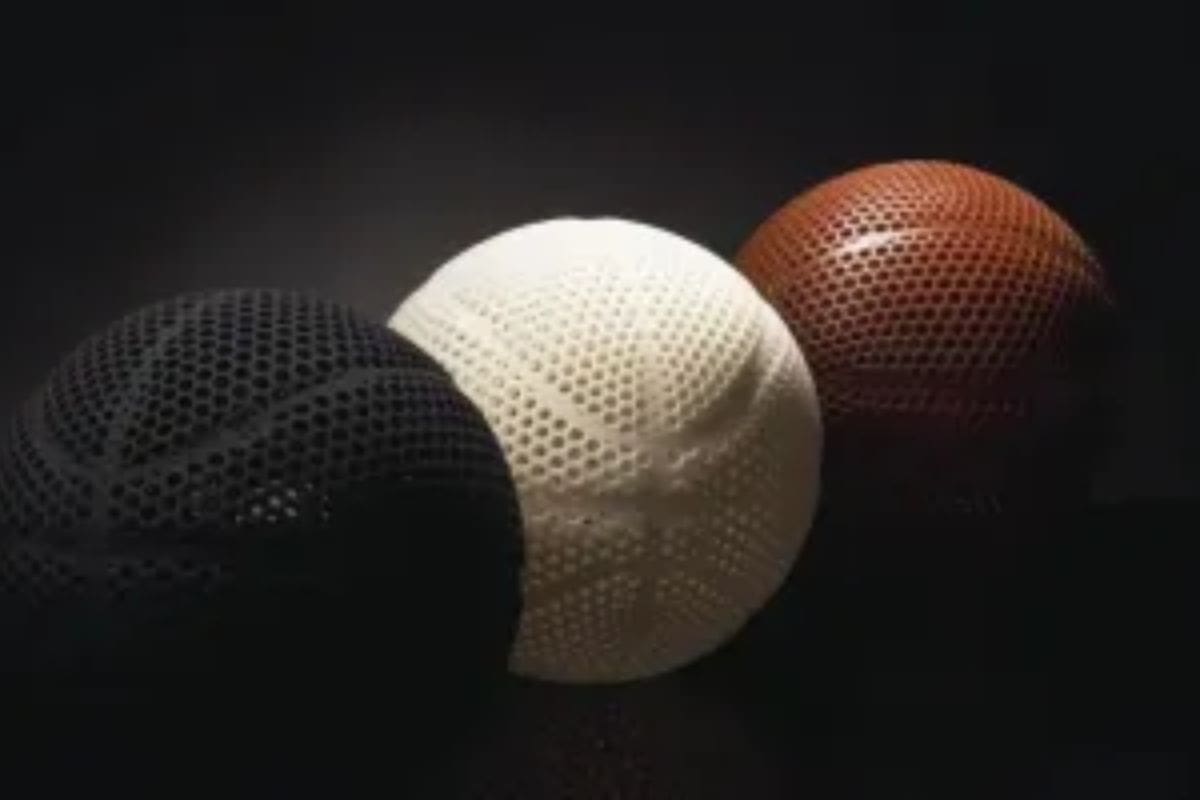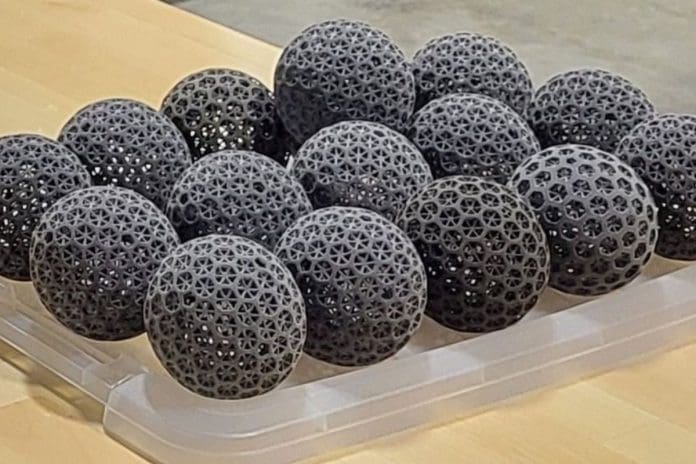3D Quieter Pickleball by Accel Launched: In pickleball, Michigan-based startup Accel Digital Solutions is on the verge of a breakthrough with the development of a quieter pickleball. This innovation promises to address one of the most common complaints about the sport: the noise generated by the ball. The company, founded by Brandon Teets and Tyler Marvin, has successfully created a pickleball that is approximately 10 decibels quieter than a standard pickleball, potentially transforming the playing experience for millions of enthusiasts.
Pioneering Partnership and Advanced Materials
Accel Digital Solutions has achieved this feat through a strategic partnership with HP Inc., leveraging cutting-edge 3D printing technology and advanced materials. The collaboration with HP Inc. allows the startup to utilize materials that are typically found in high-performance industries such as healthcare and aerospace. These materials offer superior durability and performance characteristics, which are crucial for maintaining the integrity and playability of the quieter pickleball.
The quieter pickleball, crafted using 3D printing technology from a thermoplastic elastomer, is softer and more flexible compared to traditional injection-molded or rotomolded balls. This material choice is key to reducing the noise level while preserving the ball’s performance characteristics. Testing by Pickleball Sound Mitigation has confirmed the ball’s quieter “click,” to the “thump” of a tennis ball, which still provides the necessary sensory feedback for players.
The Innovation Process
The development process has been rigorous and detail-oriented. Teets and Marvin, both avid pickleball players themselves, recognized the need for a quieter ball to enhance the sport’s appeal in noise-sensitive environments such as residential areas and indoor courts. The founders initiated the project by conducting extensive research on the acoustic properties of existing pickleballs and identifying key areas for improvement.

Utilizing HP’s state-of-the-art 3D printing technology, Accel Digital Solutions experimented with various materials and design modifications. The breakthrough came when they discovered a unique combination of polymers that could significantly dampen the sound without compromising the ball’s bounce and flight characteristics. The result is a pickleball that not only reduces noise but also meets the performance standards required for competitive play.
Accel Digital Solutions has now brought this innovative product to market, available for order on their website at $30 per ball. The startup aims to attract recreational players and municipalities seeking effective noise reduction solutions for public courts. Teets and Marvin are not stopping here; they plan to introduce more color options and continuously improve the product based on user feedback.
Potential Impact on the Sport
The quieter pickleball developed by Accel Digital Solutions could have a profound impact on the sport. Noise complaints from pickleball courts have been a contentious issue in many communities, often leading to restrictions on playing hours or court closures. A ball that generates less noise could alleviate these concerns, making it easier for communities to support the construction of new courts and the expansion of pickleball programs.
The launch of this quieter pickleball marks a significant step forward in addressing a major pain point for the sport. By ensuring the ball’s compliance with competitive standards while reducing noise, Accel Digital Solutions has positioned itself as a pioneer in the pickleball community. As they take orders and look towards future iterations, Teets and Marvin’s innovation is set to make pickleball a more harmonious addition to neighborhoods across the country.
A Response to Community Concerns
The rise of pickleball’s popularity has come with its share of challenges, particularly noise complaints leading to court closures. This issue is particularly pronounced in Walker, a suburb of Grand Rapids, where the clatter of pickleball has strained neighborhood relations. Recognizing this, Brandon Teets and Tyler Marvin set out to design a ball that meets the stringent size, weight, pitch, and frequency standards set by USA Pickleball, ensuring it remains certified for competitive play.

